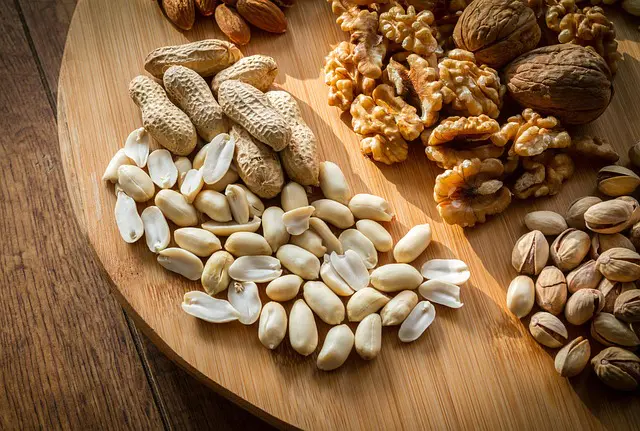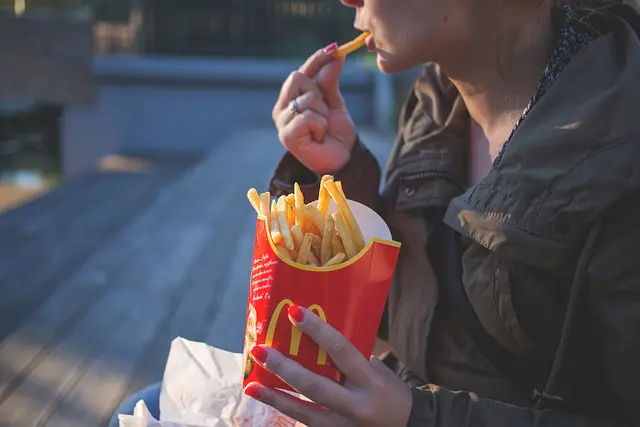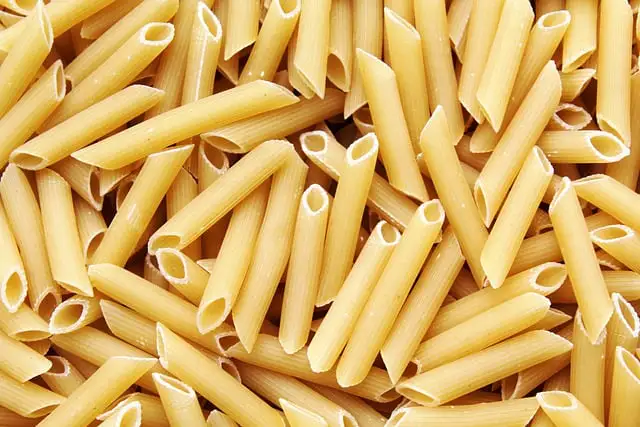A multitude of nutrition specialists argue that consuming food late at night is detrimental to one's health and can lead to weight gain. They assert that even healthy snacks should be avoided after a certain hour.
Conversely, there are experts who contend that late evening meals can actually boost metabolism and facilitate calorie burning. They maintain that the timing of calorie consumption is irrelevant. So, which perspective holds the truth?
Negative Impacts for Nighttime Eaters
A plethora of nutritional research has demonstrated that nocturnal eating can result in weight gain and adverse hormonal and metabolic shifts. This is true even for those who maintain a healthy diet.
Your body operates on a circadian rhythm, which naturally aligns with being awake during daylight hours and asleep at night. Consequently, food consumed during typical waking hours is processed more quickly than food eaten late at night when your body is in rest mode. Additionally, your liver is more efficient at processing fats during the day, meaning that fats consumed at night are more likely to be stored, leading to weight gain.
Optimal Timing for Ceasing Evening Meals
It is advisable to consume your main meal prior to 3:00 pm, allowing for a substantial lunch. After this time, hormones that align with your natural circadian rhythm begin to decrease as your body winds down for the day. Most experts also advise against eating after 7:00 pm, as late-night snacking is often driven by cravings rather than actual hunger. However, this does not imply that one should go hungry if they have a legitimate need to eat after 7:00 pm.
Guidelines for Late Night Snacking
While all late-night snacks are not created equal, if you find yourself unable to sleep due to hunger, opt for something that is not overly sweet, salty, or heavy, and contains less than 150 calories. Consider a piece of fruit, a serving of low-fat milk or yogurt (ensure it is low in sugar), a couple of squares of dark chocolate, or a high-fiber snack bar (check the sugar content).
Avoid late-night snacks such as cereal, ice cream, fries, burgers, and soda—essentially, anything high in sugar and fat. Additionally, steer clear of foods that can lead to overeating, like chips and cookies—items that are hard to stop eating once started. Ideally, refrain from keeping junk food in your home to eliminate late-night temptations.
If you find it necessary to eat late at night, opt for a small, nutritious snack. This will not only improve your sleep but also be beneficial for your body, particularly your waistline.
Recent
See All2025-03-08
Managing Your Food Cravings: A Guide to Taming Those Temptations
2025-03-08
Embrace a Diet-Free Lifestyle for Everlasting Health!
2025-03-08
Embrace a Plant-Based Diet for Enhanced Health and Longevity
2025-03-08
Transform Your Fitness Routine with High Intensity Interval Training!
2025-03-08
Introducing Healthy Eating to Your Children
2025-03-08
Unveiling the Illusion of Healthy Foods
2025-03-08
Overcoming Unhealthy Habits in a Month
2025-03-08
Temporarily Toss Aside the Scale!
2025-03-08
Welcome to the Era of Health Tech!
2025-03-08
Harness the Power of Physical Therapy to Alleviate Pain
Newsletter
Get life tips delivered directly to your inbox!












